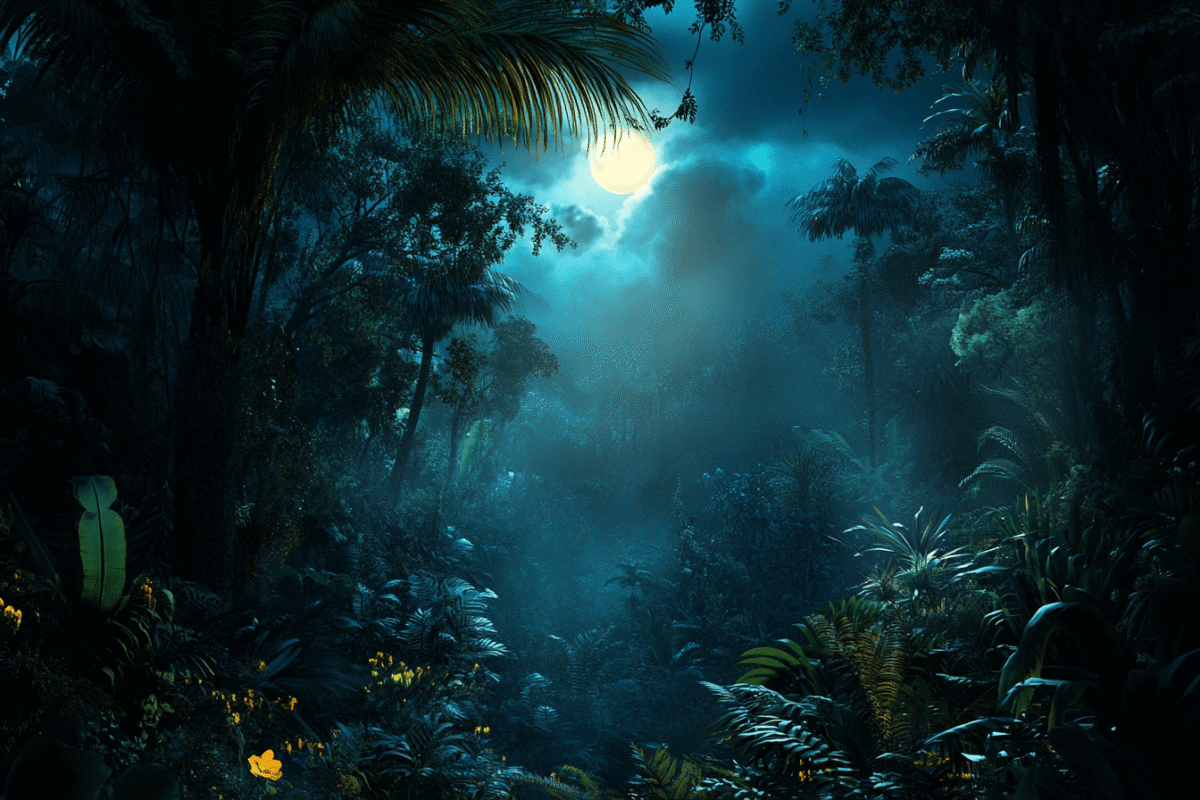Bad Trips: The Shadow Side of Ayahuasca & How to Navigate It
“Will I Have a Bad Trip?”
If you’ve ever considered working with ayahuasca, chances are this question has crossed your mind. The idea of losing control, facing deep fears, or experiencing distressing visions can be intimidating. But what if we told you that a “bad trip” isn’t necessarily bad at all?
In fact, many who have gone through these difficult experiences describe them as breakthrough moments—challenging but ultimately transformative. So, instead of fearing a bad trip, let’s understand what it is, why it happens, and how you can navigate it with awareness.
What Causes a Bad Trip?
A so-called “bad trip” isn’t random. It usually stems from a few key factors:
✅ Unresolved emotions – Ayahuasca often amplifies what is already within you. If you suppress fear, anxiety, or trauma, it might surface intensely.
✅ Resistance to surrender – Trying to control the experience often makes it worse. The more you resist, the harder it gets.
✅ Poor preparation – Ignoring the dieta, consuming stimulants (like caffeine), or entering the ceremony with a scattered mind can set the stage for a challenging night.
✅ Set & Setting – The environment and the people around you play a huge role in shaping your experience.
Understanding these factors allows you to shift your perspective—a difficult experience isn’t a failure. It’s an invitation to explore deeper.
The Gift Hidden Inside the Struggle
What many call a “bad trip” is often a healing process in disguise. Ayahuasca works like a mirror, reflecting parts of yourself you may not want to see. It brings to the surface old wounds, fears, and limiting beliefs—not to harm you, but to give you a chance to release them.
Many people who have gone through intense, fear-inducing ceremonies later describe them as life-changing. They come out lighter, clearer, and more aligned.
In the Shipibo tradition, the Icaros (sacred songs) sung by shamans help guide participants through these experiences. They act as a compass, realigning energies and offering protection.
How to Navigate a Difficult Ayahuasca Experience
If you find yourself in the middle of a difficult journey, here’s what can help:
🌀 Breathe & Surrender – Instead of fighting, focus on deep, conscious breathing. Accept the experience as it unfolds.
🌀 Trust the Medicine – Ayahuasca isn’t here to harm you. If difficult emotions arise, they are coming up to be released.
🌀 Connect to the Icaros – Let the music be your anchor. The shamanic chants are there to guide you through the storm.
🌀 Remember: It Will Pass – No experience lasts forever. What feels intense now might lead to clarity in the morning.
Integration: The Key to Making Sense of It All
A challenging ceremony can leave you with big emotions, unanswered questions, and deep realizations. This is why integration is crucial. Talking to experienced guides, writing in a journal, and allowing time for reflection can help turn your experience into wisdom.
At The Opah, we don’t just guide you through the ceremony—we walk with you afterward. Integration circles and follow-up support ensure that your experience, whether blissful or difficult, leads to real transformation.
Final Thoughts: Should You Fear a Bad Trip?
Instead of asking, “Will I have a bad trip?”, a better question is: “Am I ready to face myself?”
Ayahuasca doesn’t give you what you want; it gives you what you need. And sometimes, that means confronting discomfort to move beyond it. But with the right intention, guidance, and support, even the hardest journeys can become the most powerful breakthroughs of your life.
💡 Ready to explore deeper? Read more on The Opah and discover upcoming retreats here.





 by
by 